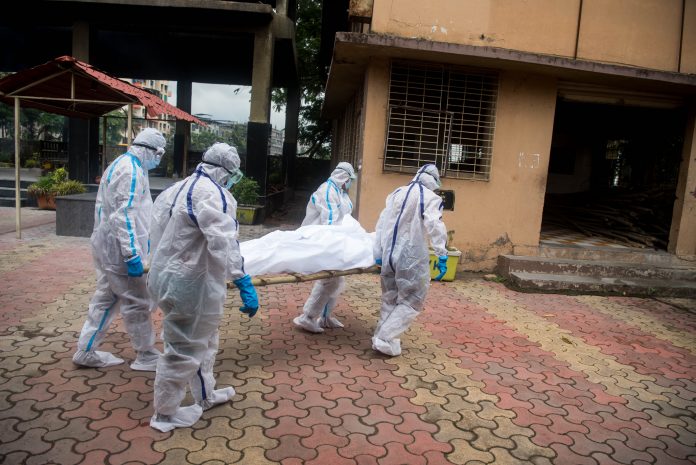Open Access Government produces compelling and informative news, publications, eBooks, and academic research articles for the public and private sector looking at health, diseases & conditions, workplace, research & innovation, digital transformation, government policy, environment, agriculture, energy, transport and more.
Home Search
lead - search results
If you're not happy with the results, please do another search
Professor Marcantonio Spada – Practitioner at Onebright
Marcantonio M. Spada, Ph.D., FBPsS, FBABCP, is a Professor of Addictive Behaviours and Mental Health, and Dean of the School of Applied Sciences at London South Bank University where he is also the Deputy Lead of the Centre for Addictive Behaviours Research
His main research focus is on identifying metacognitive...
24 million US women will travel 150 miles for access to abortion
State legislation, aiming to overturn Roe v. Wade access to abortion care, puts millions of women into “abortion care deserts” – forcing them to travel hundreds of miles.
Tree death contributes to climate change more than you’d think
Trees hold an important place in global climate change efforts, but with tree deaths increasing, could they do more harm than good?
An up-to-date review of digital forensic methods
The National Institute of Standards and Technology (NIST) have released their comprehensive review of current US digital forensic methods.
The Tonga volcanic eruption caused electric currents in space
Electric currents in space were seen after the deadly volcanic eruption in Tonga, following the atmospheric shock waves and sonic booms witnessed on Earth.
Browning bananas create nearly 50 million tonnes of food waste
Researchers have mapped the browning patterns of bananas, finding them to be a leading contributor to household waste.
What are four signs of ADHD in women?
ADHD in women can often present differently from ADHD in men – knowing the signs can help with common symptoms like inattentiveness, depression and anxiety.
Loneliness during COVID increased by 5% across Global North
The meta-analysis, looking at loneliness during COVID in North America and Europe, finds that "the pandemic does appear to have increased loneliness" - so, how bad is it?
Scientists create hydrogen-based way to recycle plastic bottles
Plastic bottles take up to 450 years to biodegrade naturally, so recycling them quickly is crucial for the environment - Northwestern University chemists may have a new strategy.
Scientists reveal link between food insecurity and diabetes
The link between food insecurity and diabetes is stronger than previously thought - with people who are more likely to be hungry experiencing a higher rate of diabetes, ten years on.
Research on nature and mental health lacks ethnic diversity
Evidential proof shows that nature helps mental health – but most research focuses on white people, missing crucial ethnic diversity data.
How does obesity threaten the US military’s mission readiness?
The obesity epidemic has a grave impact on the US military’s mission readiness, by limiting the number of available recruits and decreasing re-enlistment candidacy.
2.7 million disabled Ukrainians “trapped or abandoned” by war
Mr. Yohei Sasakawa, Chairman of the Nippon Foundation, discusses how governments, businesses and NGO's must not overlook disabled Ukrainians.
What is the New European Bauhaus and how is it inspired by the 1919...
Rudolf Kolbe, co-rapporteur for the EESC opinion on the New European Bauhaus; member, European Economic & Social Committee (EESC); vice-president of the Diversity Europe Group (Group III), shares his thoughts on the New European Bauhaus.
Seven-day social media break can reduce depression and anxiety
While the negative side effects of scrolling through social media are well-known, social media breaks have been proven to change mental health outcomes.
Research shows vegan diets can improve type 2 diabetes
Research finds that vegan diets can help type 2 diabetes patients to lower blood sugar – with meaningful results in just 12 weeks.
WHO says COVID pandemic caused 14.9 million excess deaths
The World Health Organisation (WHO) say the pandemic led to 14.9 million global excess deaths, caused either by the virus itself or disrupted access to healthcare.
Racial medical guidelines to be removed from US healthcare
A paediatricians’ group in the US have made moves to abandon racial medical guidelines, which create disparities in healthcare.
Study finds 2.5% of transgender kids go through detransition
The research found that 2.5% of transgender kids go through detransition, while the majority of young people keep their gender identity after five years.
Former cancer patients not more likely to die from COVID
A study finds that former cancer patients are not more likely to die from COVID than non-cancer patients, if they aren't having active treatment.





















